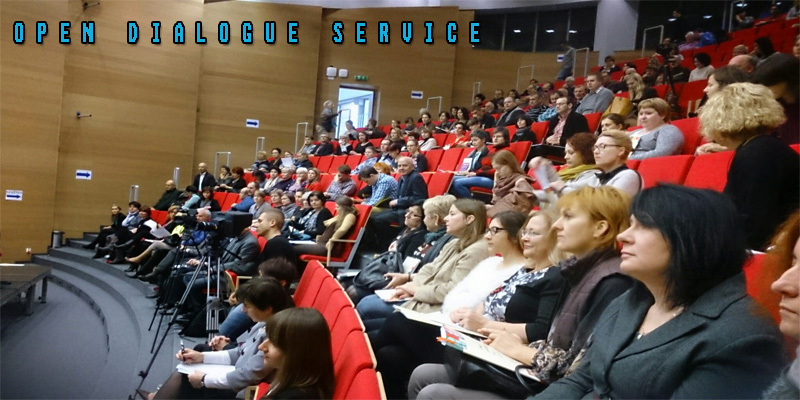Suicide and Open Dialogue
Recently where I live which is a coastal community in Kent we have had a spate of 5 suicides, they are all young males under 40. Several had been patients of the local community mental health team but some were not known to services. All of these young men had families that spoke lovingly about them, some of the men had their families, children of their own who will be effected profoundly by this legacy. The suicide of a parent is a primal wound and as a psychotherapist the scars it leaves on a young person are something that are hard or rectify. We are very concerned in this area that our cliffs do not become a site that has an attraction for people who are contemplating ending their lives.
These men have in some cases been under services or had approached services for support pertaining to their mental health issues. Unfortunately currently services are diminished and there are unfilled vacant posts with an absence of adequate psychiatry provision, psychological input, OT’s and CPN’s. There are no family therapists currently in the community mental health team even though the facilities exist for systemic family therapy with two way mirrors, recording and taping facilities. This area of Kent has the poorest mental health statistics in Kent, an affluent county with considerable health inequalities in relation to both physical and mental health.
Substance misuse and self medication was also possibly a feature of the mental health issues of the majority of these suicides. In substance misuse services locally there are also unused family therapy facilities and a complete absence of family therapists or indeed any therapists.
These men did not receive the care they would have done under an operational POD team with a 24/7 helpline and a appointment arranged within 24 hours of a call to the team. The sooner we in the UK start operating services based on the Finnish Open Dialogue model the sooner our mental health outcomes will be improved and our rate of suicide decreased.
The benefits of the Open Dialogue model for families who often feel excluded from services would also be demonstrable. The mental health of carers (who struggle with the difficulties presented by their loved one’s condition) is often effected. Carers are statistically more likely to be depressed that the average citizen. The family who were in the past seen as part of the problem in mental health and drug services is also part of the solution.
Author Bio: Jane Hetherington, Principal Psychotherapist at KMPT and an employee at Early Intervention Services in Kent, has completed Open Dialogue course and will be a part of the new Open Dialogue service. She is trained as an integrative psychotherapist and has experience working in primary care, substance misuse, and psychosis services. Here, she writes about a few psychotherapeutic theories.

